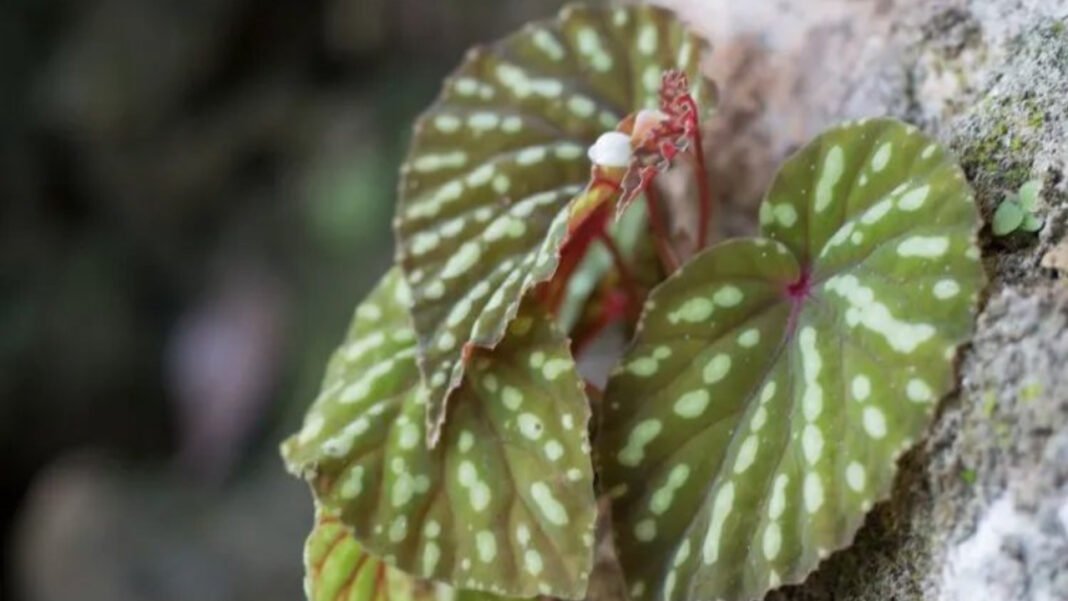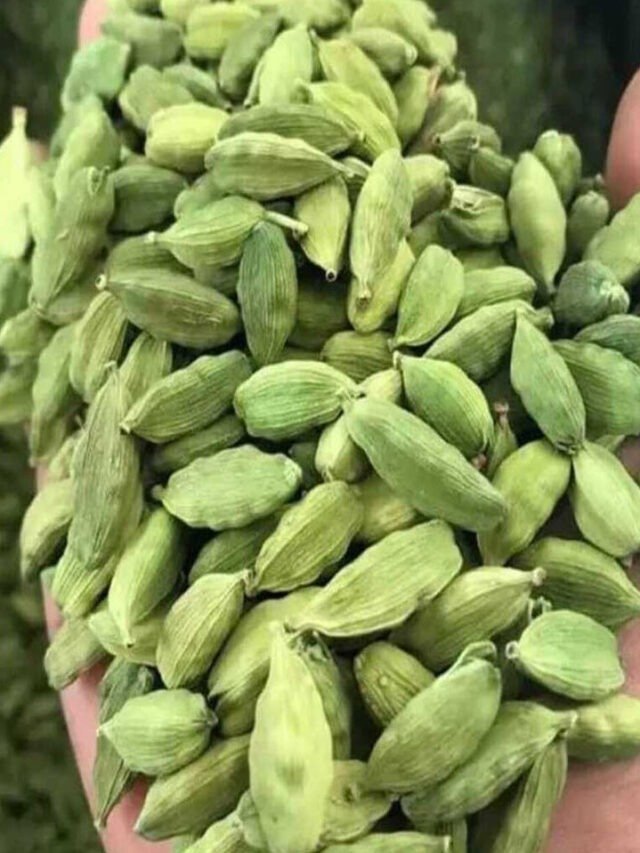ITANAGAR, July 1: Forest officials in Arunachal Pradesh have discovered a new species of flowering plant, Begonia nyishiorum, in the high-altitude forests of East Kameng district.
The species was documented during a challenging expedition by the Seppa Forest Division.
Its discovery was recently published in the prestigious international journal Novon: A Journal for Botanical Nomenclature, on June 23.
Named in honour of the Nyishi tribe, the largest in the northeastern state, the plant stands out for its unique crimson-fringed petioles, an identifying feature not seen in any other Asian Begonia, sources at the state forest department said.
Chief Minister Pema Khandu lauded the Seppa Forest Division for the discovery, calling it a proud moment for Arunachal Pradesh and a reaffirmation of the state’s rich ecological legacy and global relevance in biodiversity.
“Congratulations to the Forest Division, Seppa, on the discovery of Begonia nyishiorum! A proud moment for Arunachal Pradesh as a new species of flowering plant, Begonia nyishiorum, has been discovered in the dense, high-altitude forests of East Kameng. Published in the prestigious journal Novon, this find reinforces Arunachal’s rich ecological heritage and global significance in biodiversity,” Khandu said in a social media post on Monday.
He also expressed his appreciation for DFO Abhinav Kumar and his team, along with the Nyishi community, whose traditional role as forest custodians played an important role in the discovery.
“With its unique crimson-fringed petioles, Begonia nyishiorum is not just a botanical marvel, it is a symbol of how much more remains to be discovered in the Eastern Himalayas,” the chief minister added.
The plant now joins the expanding list of rare flora endemic to the Eastern Himalayan region, further highlighting the area’s immense biodiversity.
This discovery also underscores the pressing need for continued conservation and scientific research in one of India’s most ecologically rich regions. (PTI)












